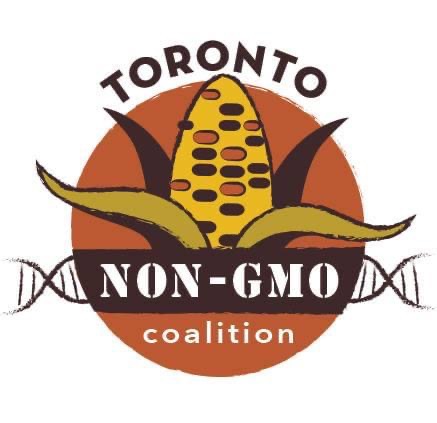“Without Corn, There Is No Country” — SinMaizNoHayPais.org
In December 2020, Mexican President Andrés Manuel López Obrador issued a decree to ban all imports of genetically modified corn and its partnered herbicide, glyphosate. As Mexico's most powerful trading partner and the world's largest producer of GMOs, the United States is using every tool it has to force Mexico to abandon the decree. At this time, Mexico has made significant concessions from the original decree, but U.S. pressure continues.
We, the undersigned, unequivocally support Mexico's right to protect its genetic inheritance, foster food security and sovereignty and protect its cultural identity. The original decree's legality rested on the precautionary principle, which upholds the right of sovereign nations to protect themselves against potential risks posed by biotechnology. We recognize that Mexico's reason for invoking it lies closer to home.
Mexico is the birthplace of corn. Indigenous farmers and seed breeders domesticated the grain there 9,000 years ago. The abundance handed down to us results directly from their skill and labor. Today, Mexico is a repository of living wealth. Native corn landraces flourish there, carrying crucial traits such as adaptation to climate instability, adverse growing conditions and drought. Preventing genetic pollution and preserving valuable traits is essential for developing new, local corn varieties in a changing climate to ensure global food security for future generations.
Sadly, some genetic pollution has already occurred. DNA from genetically modified corn has contaminated native landraces within Mexico. But this tragedy at least offers proof that Mexico's concerns are real, based on existing evidence and the lived experience of Mexican farmers impoverished and displaced after NAFTA decimated domestic corn production. Mexico's restrictions are a reaction to harm already done and an attempt to protect what remains.
Despite NAFTA's catastrophic impact, native corn landraces and traditional farming practices persist. Such perseverance is a testament to the Mexican people's determination to maintain their cultural identity.
The U.S. has demanded that Mexico validates its concerns scientifically, a move that is paternalistic, evasive and redundant. Scientifically defensible reasons to reject glyphosate and genetically modified corn already exist, such as the IARC's determination that glyphosate is a probable human carcinogen or the multiple feeding studies that show adverse effects from GMO consumption. Just so, we believe Mexico's decision is valid as a simple matter of national food sovereignty and security, that people have the right to choose whether or not to cultivate and consume GMOs. In a country where corn is the "source of life," rejecting GMOs asserts Mexico's vitality and autonomy.
The fight over GMO corn is an old story cast with new characters. It is the resurrection of historical attempts to reshape Indigenous identities by suppressing food and traditional practices. It is the persistence of cultural imperialism in which the United States' bullying threatens the identity, biodiversity and food security of a sovereign nation. It is like an invasion, even if the target is on a plate rather than a map.
The outcome of this struggle will either protect Mexico's food sovereignty, culture and biodiversity or it will protect U.S. interests, corporate power and GMOs. It can't do both.
We stand with Mexico in their efforts to restrict GMO corn imports to preserve their unique cultural heritage and build the non-GMO food supply for their country and their people.
Read this letter in Spanish.
























You can read the latest on this developing story here. For more on the dispute, read our article "Mexico's GMO Corn Ban Aims to Protect Cultural Heritage." Because this is a developing story, we have made minor updates to reflect the changing landscape. Find the previous version of our letter here.
